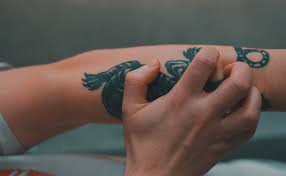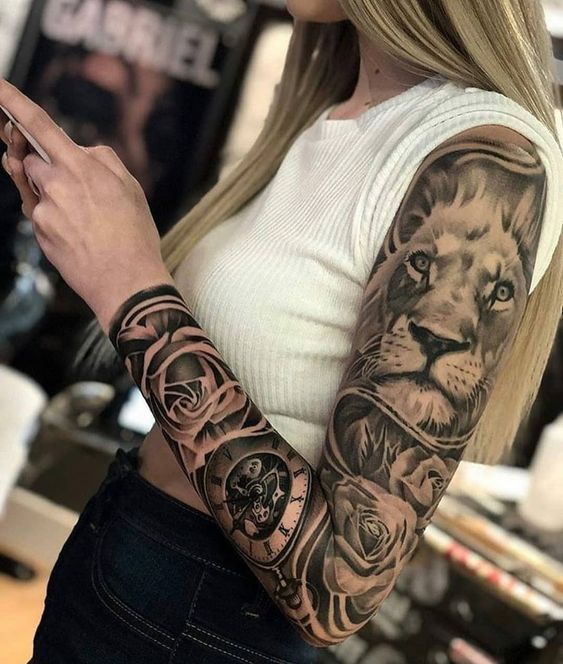
Tattooing causes skin injuries and should heal like any wound, so the itching often disappears once the scabs have formed and fallen off. Whenever itching becomes intense, apply a clean cloth over the tattoo to protect it and stop fingernail scratching. Also, try placing a cool compress over it for soothing relief.
Itching after a tattoo
Itching after getting a tattoo is a normal part of the healing process. Your nerve endings need time to repair the damage done to your skin from breaking it, so this urge to scratch will send signals back through them telling you to cross this area. However, excessive itching should not occur and should instead follow aftercare instructions provided by your tattoo artist to avoid infection and swelling. Contact your physician immediately for advice on extreme itching accompanied by chills, fever, or redness and discharge.
One of the primary causes of itching following a tattoo is dry wounds. Moisturize the affected area regularly with lotion or ointment such as Sana Sana CBD Healing Balm to ease tattoo wounds and decrease itching. You could also take an antihistamine, although take caution and always consult a healthcare provider before doing so.
Itching during the healing process
Tattoos that are still fresh may become itchy or tickly, which is often part of the healing process, though it could indicate infection or other health concerns. To keep your new ink healthy and avoid further discomfort, use lotion on any affected areas and refrain from itching; alternatively, you could slap or run cold water over it – either action will temporarily stop any itching sensations and numb the skin to halt further itching.
Itching can also be a telltale sign of an allergic reaction to tattoo ink. While less common than anaphylaxis reactions, allergic reactions happen and could occur weeks or years after getting a tattoo. Furthermore, people suffering from autoimmune conditions like psoriasis or eczema can also cause itching on their tattoos. In such instances, visiting a dermatologist to explore treatment options available may help decrease itching; an immunosuppressant medication may be prescribed to reduce itching symptoms.
Itching after an older tattoo
An older tattoo’s itching can be caused by dry skin or preexisting conditions like psoriasis. Additionally, allergic reactions to the ink can trigger itching, although such reactions are relatively rare and mild in severity. If they continue to bother you, then you should visit a physician as soon as possible for evaluation and potential treatment options.
An itchy tattoo aftercare can be very annoying, yet scratching can damage ink and lead to infection. Try using a cold compress or bath to temporarily relieve symptoms – these methods should also numb any sensitive areas around it.
If your skin is dry, hydrocortisone cream may help relieve itching. Choose a moisturizer without scents and fragrances as an unscented moisturizer; cocoa butter-based lotion or colloidal oatmeal bath may also work wonders; these treatments can even be applied on new Tattoos (though be careful not to use the therapy directly after getting inked!) to prevent irritation as well as avoid sunburns.
Itching after an allergic reaction
Tattoo pigment, particularly red ink, may cause an allergic reaction in some individuals; when this happens, it typically shows up as a red and bumpy rash that appears either immediately after receiving their tattoo or sometimes months or years later – Should this occur, you should seek medical advice immediately.
Some individuals may also suffer from preexisting skin conditions like eczema or psoriasis that flares up after getting tattoos, making it necessary to moisturize as much as possible. Consult your tattoo artist about a good moisturizer that won’t interfere with the new ink!
If itching becomes intense, antihistamines may provide relief. Available over-the-counter and with various online ingredients, these may temporarily relieve itching. In addition, applying a cool compress may also offer comfort by numbing and soothing the area while helping you avoid scratching yourself incessantly.

